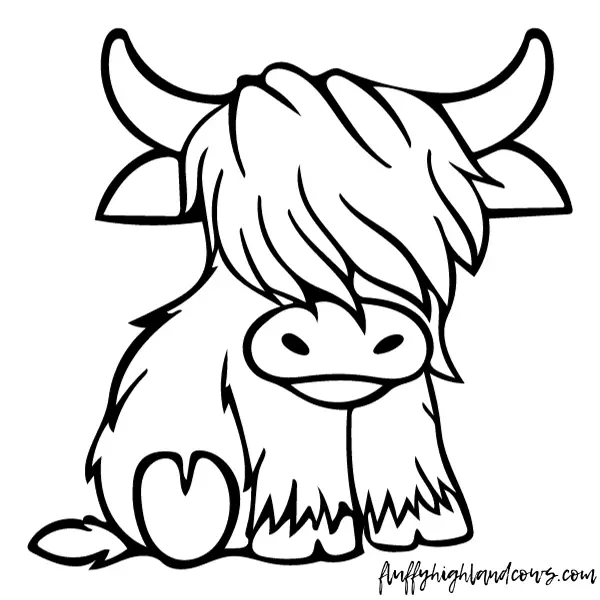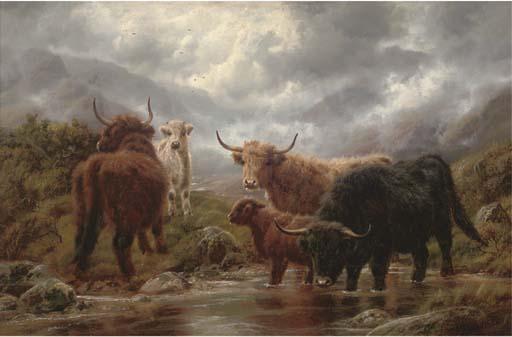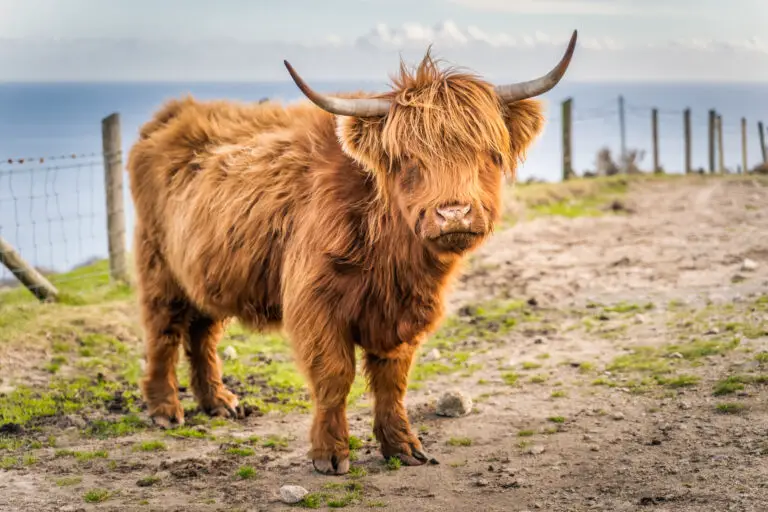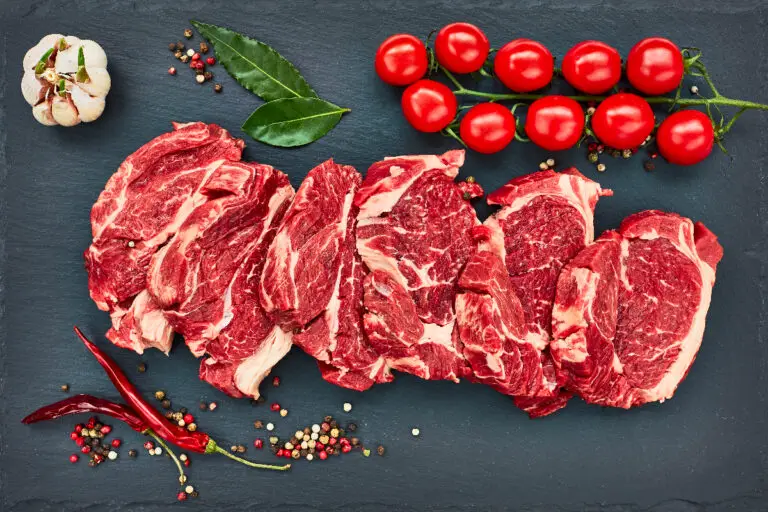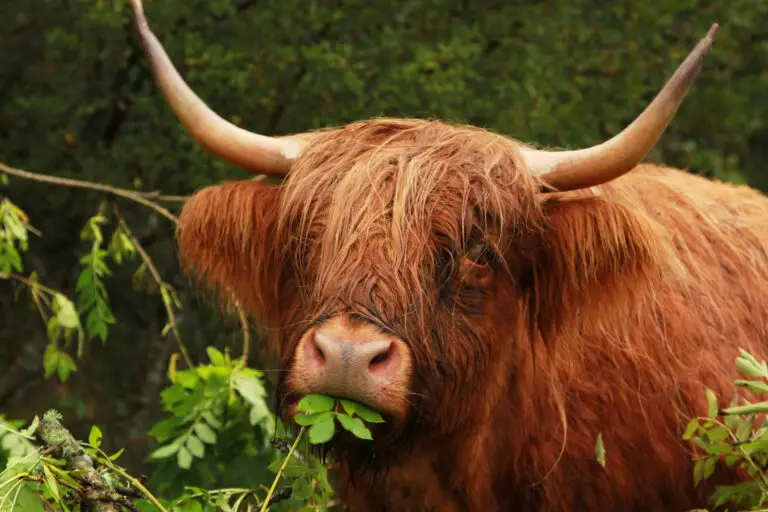The Benefits of Raising Highland Cattle for Meat Production
Highland cattle, with their distinctive shaggy coats and impressive horns, are not just a picturesque sight in the countryside. They are also a valuable breed for meat production, offering numerous benefits to farmers and consumers alike.
In this article, we will explore the advantages of raising Highland cattle for meat production and why these robust and resilient animals have earned a place in the hearts of farmers and food enthusiasts around the world.
1. Superior Meat Quality
One of the primary reasons for raising Highland cattle for meat production is the exceptional quality of their beef. Highland beef is renowned for its outstanding taste, tenderness, and marbling.
The meat is lean and low in fat, making it a healthy choice for consumers concerned about their diet. Additionally, the meat has a distinct, rich flavor, often described as succulent and full-bodied, making it a favorite among chefs and food connoisseurs.
2. Lean and Nutrient-Rich Meat
Highland cattle’s meat is not only delicious but also highly nutritious. It is rich in essential nutrients such as protein, iron, zinc, and B vitamins, including vitamin B12 and niacin.
The lean nature of Highland beef means it has lower overall fat content compared to some other beef breeds, making it an excellent choice for those aiming for a healthier diet without sacrificing flavor.
3. Stress-Free Environment
Raising Highland cattle for meat production often involves less stress for both the animals and the farmers. These docile and calm cattle are known for their easygoing temperament, making them easier to handle during feeding, health checks, and transportation.
Low-stress farming practices can result in better meat quality and overall animal welfare.
4. Minimal Environmental Impact
Highland cattle are well-suited for extensive grazing and can thrive in a variety of environments. Their ability to graze on rough vegetation reduces the need for intensive feed production, minimizing the environmental impact associated with conventional beef production.
Furthermore, their gentle impact on pastures can contribute to healthier and more diverse ecosystems, making them a sustainable choice for meat production.
5. Low Input Requirements
Highland cattle have relatively low input requirements compared to some other cattle breeds. Their hardiness and adaptability to various climates and terrains mean they can graze on marginal lands not suitable for other agricultural purposes.
This reduces the need for supplemental feed and expensive facilities, resulting in lower production costs for farmers.
6. Low Maintenance Breed
Highland cattle are known for their low maintenance requirements. Their robust immune systems and resistance to diseases mean less need for veterinary care and medication.
Additionally, their shaggy coats provide insulation against harsh weather conditions, reducing the need for expensive barns or shelters.
7. Calving Ease
Another advantage of raising Highland cattle is their calving ease. These cattle have well-proportioned bodies and typically require minimal assistance during calving.
This reduces stress and labor for farmers, leading to healthier mother-calf pairs and higher overall productivity.
8. Versatility in Farming Systems
Highland cattle are versatile and can fit into various farming systems. They are commonly raised in traditional and organic farming operations, as well as in conservation grazing projects.
Their adaptability to different environments and management styles makes them a flexible choice for farmers seeking to diversify or specialize in beef production.
9. Niche Market Appeal
Highland beef’s unique flavor and superior quality make it a sought-after product in niche markets. Many consumers are willing to pay a premium for locally sourced, high-quality meat, and Highland cattle are well-suited to meet this demand.
This can result in increased profitability for farmers who choose to focus on this breed.
10. Cultural and Heritage Significance
Beyond their practical advantages, Highland cattle hold cultural and heritage significance, especially in Scotland where they are deeply woven into the country’s history and traditions.
Raising Highland cattle can be a way for farmers to connect with and contribute to their cultural heritage while producing high-quality meat.
Highland Cattle Produce Sustainable & High-Quality Meat
Raising Highland cattle for meat production offers a range of benefits for both farmers and consumers.
From the exceptional quality and taste of Highland beef to the breed’s adaptability, low maintenance requirements, and minimal environmental impact, Highland cattle have earned their reputation as a valuable choice in the world of livestock farming.
Whether you’re a farmer looking for a sustainable and high-quality meat production option or a consumer seeking a flavorful and nutritious dining experience, Highland cattle and their beef can offer a rewarding solution that celebrates both tradition and modern agricultural values.
